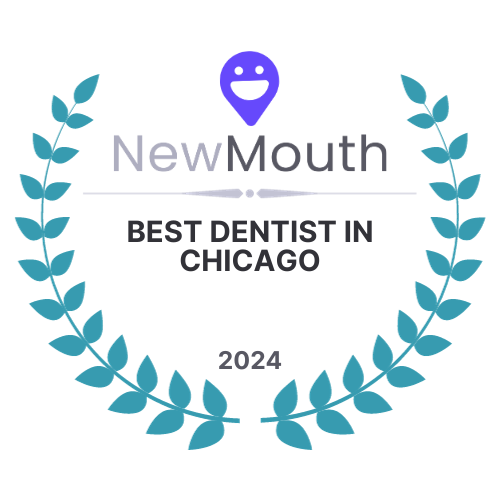What is Periodontal Osseous Surgery and How Can it Help?
January 28, 2019
Have we mentioned how excited we are to have Dr. Jennifer Shango on site a couple of days a month? Well, we are even more stoked that she is adding days to her schedule starting in June! All that excitement got us thinking about the myriad services she offers, not the least of which is osseous surgery. But what is that exactly? Glad you asked!
What is Periodontal Osseous Surgery?
The word osseous comes from the Latin word for bone, and osseous surgery is just that - bone surgery in the oral cavity. It refers to any surgical procedure designed to gain access to the tooth roots and bone surrounding teeth affected by periodontal disease.
When is Osseous Surgery used?
Periodontal osseous surgery is often used as a “last resort” to treat advanced periodontitis. If methods such as scaling and root planing fail to halt the progression of the disease, harmful bacteria and tartar will travel too far below the gumline to be accessed without surgery. Very serious cases may also include significant bone loss as this bacteria eats away at the existing structures. The goal of the surgery is to create a shallower pocket - the area where our gums meet and attach to our teeth - and clear out diseased tissue to allow for better healing and possible regeneration.
How exactly does Osseous Surgery work?
The procedure is relatively simple and non-invasive, as surgeries go. Under sedation or by using local anesthesia, the numbed area of your gums will be opened to reveal the root structure and bone underneath. That area is then thoroughly scaled to remove harmful bacteria and tartar build up. Any infected tissue is removed, bone deformities are smoothed and the area is reshaped to allow for a shallower pocket.
If necessary, bone grafting and tissue regeneration may be performed in conjunction with the surgery to combat extensive bone loss. This simply means adding in bone graft material and a tissue membrane or structure to protect the bone graft beneath as your immune system starts working to regenerate and integrate the material with your own bone.
What are the risks of Osseous Surgery?
The risks of this procedure are much like any surgery in the oral cavity, and may include: swelling, bruising, pain, excessive bleeding, permanent or temporary numbness, and increased tooth sensitivity. Excessive alcohol consumption, smoking, failing to follow post-operative instructions, or failing to maintain good oral hygiene can increase these risks.
However, with a board-certified periodontist and appropriate post-op care, the risks are minimal and the chance for vastly improved oral health is great!
As with any major treatment, the first place to start is by talking to your dentist. Give us a call or shoot us an email if you have any questions about your periodontal health!
